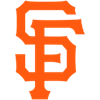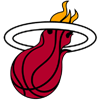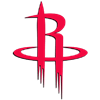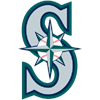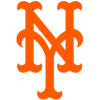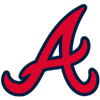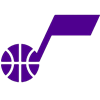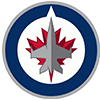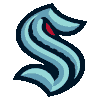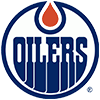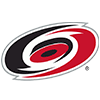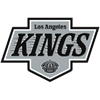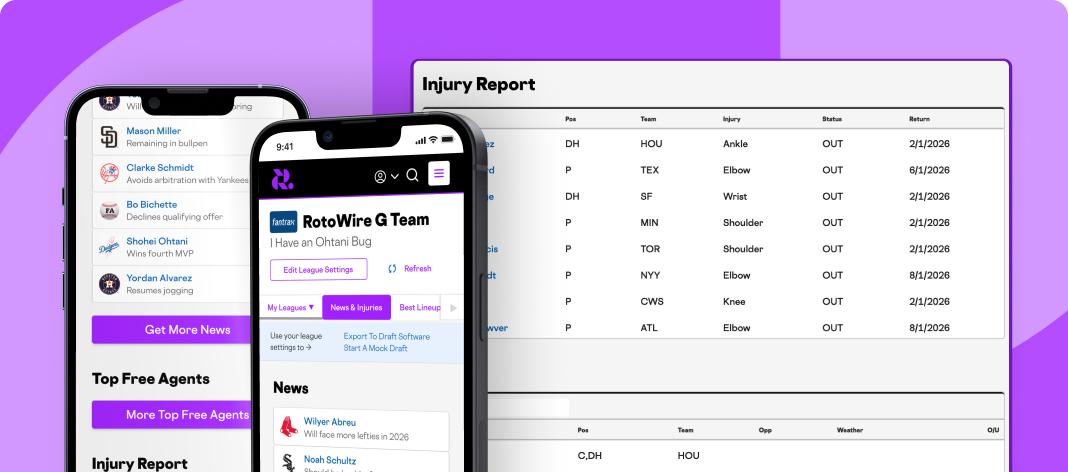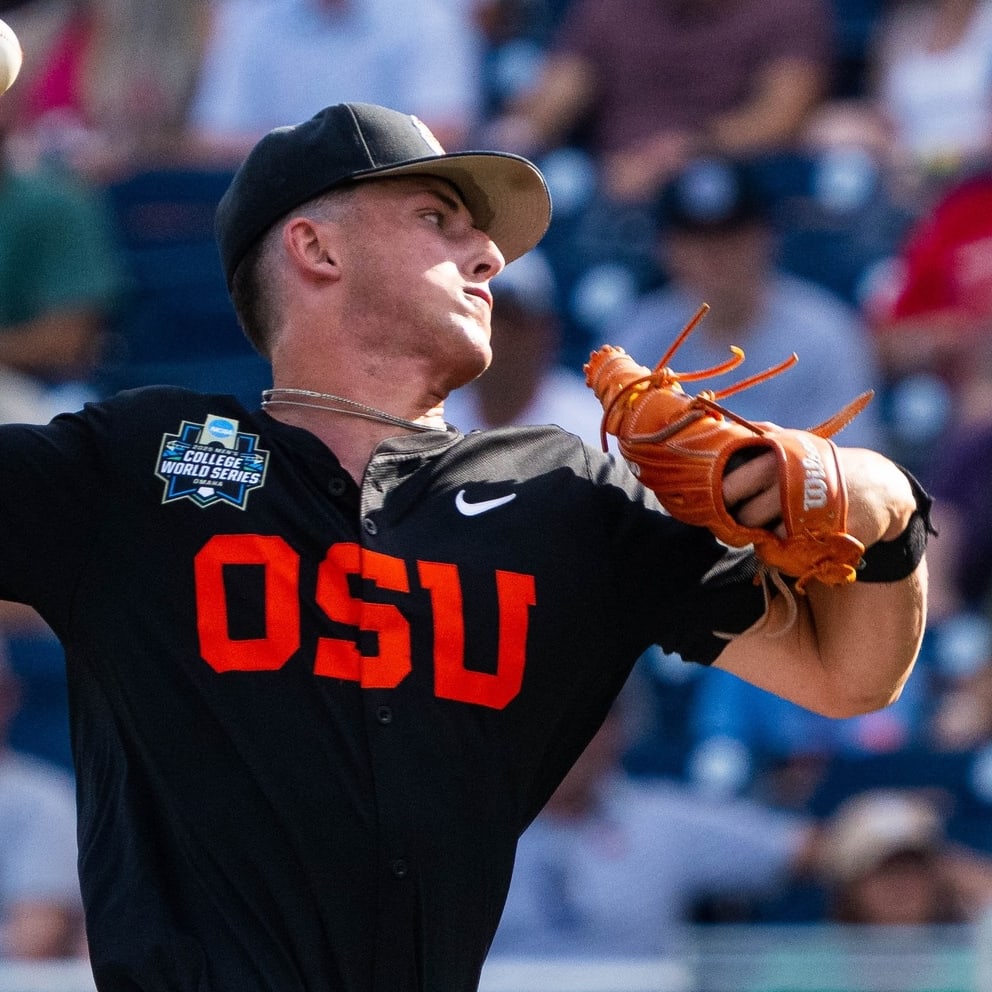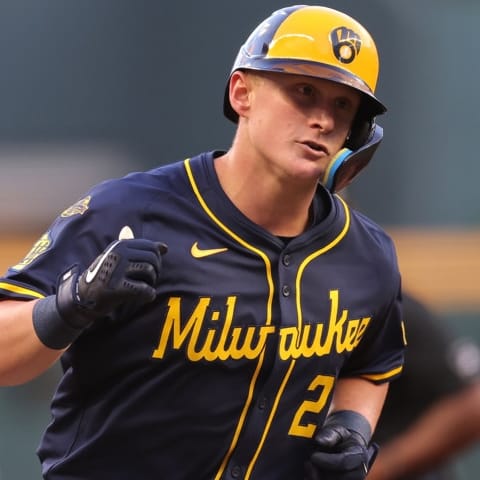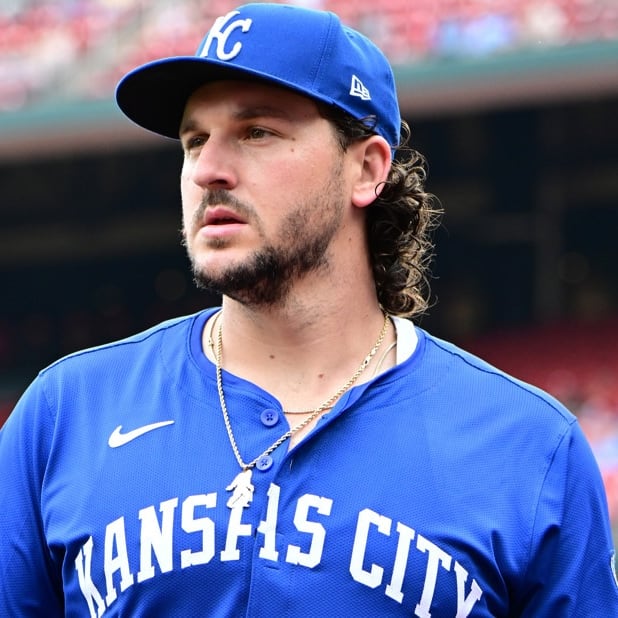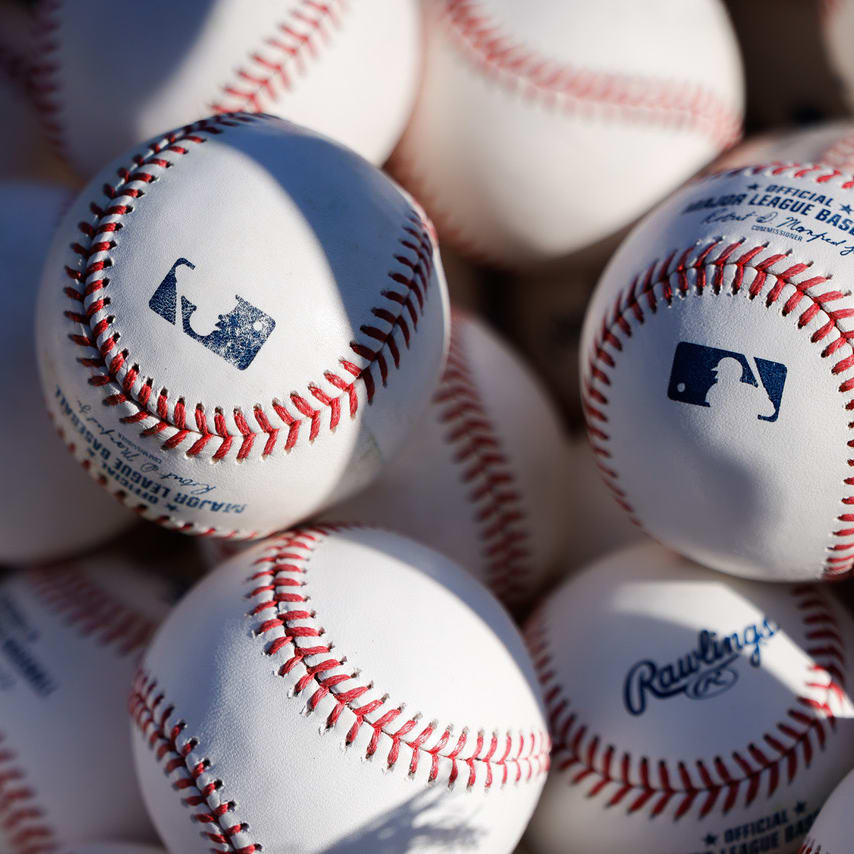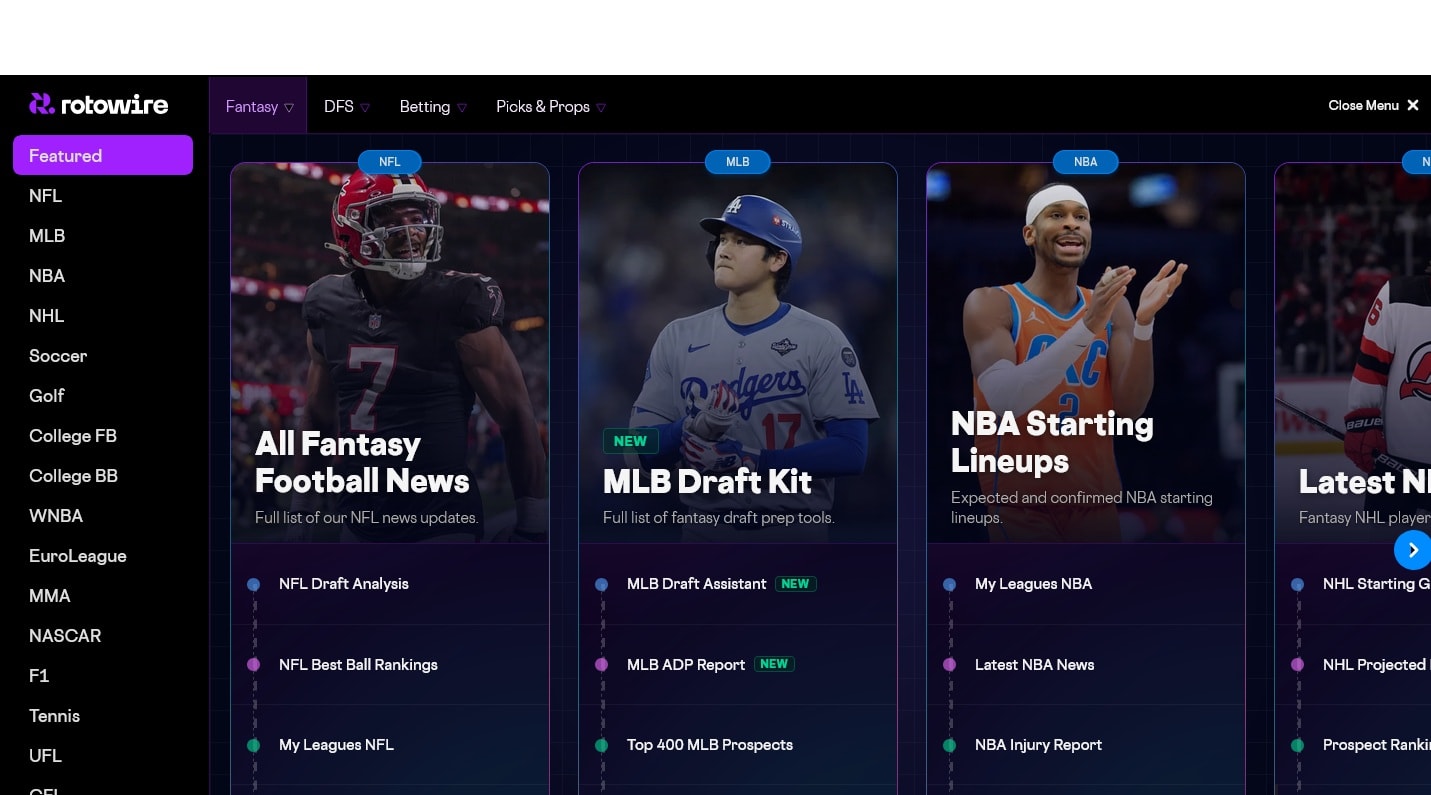Since my initial article on best-ball drafts with Underdog Fantasy, I've drafted a few more entries into "The Bunt," a $5 tournament that will (hopefully) last the entire season. The setup is that of a progressive cutdown league, with "Qualifiers" running from Opening Day to July 11, the quarterfinals running from July 19 to Aug. 1, semifinals from Aug. 2 to Aug. 15, and the finals from Aug. 16 to Aug. 29.
The contest is capped at 5,800 entries. As is the norm in contests that size, the prize pool is heavily slanted toward the top with first place getting $5,000 and 10th only $100. Thus, it makes sense to shoot for upside to try to take down the top prize. A surprising trend I had noticed is a lack of stacking, a relatively common and well-known tactic to build upside into lineups. That is particularly true given Underdog's format, which doesn't penalize outs or strikeouts, meaning inflating volume can only help your team.
While it hasn't always worked due to ADP hurdles, I've tried to focus on building stacks on my rosters. In this article, I'll highlight tiers of each team's top stacks and discuss some of the upside and downside of each option.
Elite Stacks
Atlanta Braves – Rd. 1 – Ronald Acuna (2.3 ADP)/Freddie Freeman (10.6 ADP), Rd. 2/3- Marcell Ozuna (27.1 ADP), Rd. 4 – Ozzie Albies (52.9 ADP), Rd. 10 - Dansby Swanson (ADP 125.8))
Reasons to target: This is the probably the top stack available. None of the players listed have questions in terms of playing time, and three-quarters of the stack likely will be in the top third top of the lineup in Atlanta. The relative laggard of the group is Dansby Swanson, but even he is projected to be the 10th best shortstop by points, out-pacng players being drafted ahead of him such as Javier Baez, Adalberto Mondesi and Gleyber Torres.
Reasons for concern: For one, the stack may be difficult to pull off. While one of Acuna or Freeman is likely to be available in the first round it may be hard to get Ozuna or Albies near their ADP. Even if a drafter is able to pull off the stack, it will require three of the first four picks and leave behind elite the starting pitchers.
Verdict: Target and then attack pitching heavily for the remainder of the draft.
New York Mets- Rd. 2 - Francisco Lindor (22.9 ADP), Rd. 3 Pete Alonso (38.8 ADP), Rd.4 Conforto (52.5 ADP), Rd. 10 Jeff McNeil (133 ADP), Rd. 13 Brandon Nimmo (168.6 ADP)
Reasons to target: Lindor joins one of the best lineups he's ever been a part of, yet his ADP remains lower than past seasons. Nimmo is undervalued as the projected leadoff hitter against righties.
Reasons for concern: The cost is substantial, and the Braves stack is more appealing given the cost.
Verdict: Fade
Philadelphia Phillies – Rd. 1 Bryce Harper (11.9 ADP), Rd. 6/7 Rhys Hoskins (75.9 ADP), Rd. 11 Alec Bohm (137.6 ADP), Rd. 12 Andrew McCutchen (152.7 AD)
Reasons to target: Harper is a legitimate first-round pick and is a strong base to any team. After that, the investment is limited to mid- and late-round picks. That mitigates some of the risk that accompanies the inexperience of Bohm and the aging McCutchen.
Reasons for concern: There's some risk due to Hoskins' offseason surgery, plus the aforementioned aging McCutchen and inexperienced Bohm.
Verdict: Target
Chicago White Sox – Rd. 2 Eloy Jimenez (31.1 ADP)/ Luis Robert (35.3 ADP), Rd. 3 Jose Abreu (44.6 ADP), Rd. 5/6 Tim Anderson (ADP 75), Rd. 6 Yoan Moncada (81.1 ADP),
Reasons to target: The White Sox have the potential to be one of the most exciting offenses in the league. A stack also doesn't require using a first-round pick, so targeting an ace and then loading up on as many White Sox in early rounds as possible is a viable strategy.
Reasons for concern: It may be hard to draft a White Sox stack. Their buzz means they are often jumped up the draft board, and their ADP is already fairly bunched together making it easy to miss on them. The stack also requires several buy-highs. Abreu is coming off a career season, and Robert has failed to prove that he is a reliable selection at an ADP of 35.3
Verdict: Fade.
Stacks with Potential
Los Angeles Dodgers – Rd. 1 Mookie Betts (5.1 ADP)/Cody Bellinger (12.4 ADP), Rd. 2 Corey Seager (28.6 ADP), Rd. 7/8 Max Muncy (99.8 ADP)
Reasons to target: Betts is among the top-tier outfielders and a strong round -one target. Muncy has a reasonable ADP and his high walk rate and wOBA translate well to Underdog scoring.
Reasons for concern: By the projections, Bellinger is a poor value in the first round. He has significant injury concerns after undergoing should surgery in the offseason. Seager is also projected to be a bad value at cost. Even Muncy, who is a reasonable around his ADP may sit against lefties as the Dodgers flaunt their versatile and deep lineup throughout the season.
Verdict: Fade.
Boston Red Sox – Rd. 2 - Rafael Devers (32.2 ADP) Rd. 3 - Xander Bogaerts (39.8 ADP)/J.D. Martinez (42.8 ADP), Rd. 10 Alex Verdugo (127.1 ADP), Rd. 12/13 Bobby Dalbec (157.1 ADP)
Reasons to target: The Red Sox may not be contenders this year, but it won't be due to their lineup. There are solid options up and down their batting order, meaning that if you miss on one or two of the players listed above, a stack will still remain in play. Bogaerts in particular is a strong value based on the projections, as is Verdugo in the later rounds as he's plugged into the leadoff spot.
Reasons for concern: There aren't many. Pick and choose particular players to fade based on personal projections/preferences, but this has high upside and leaves plenty of picks in the first and middle rounds to attack pitching.
Verdict: Target.
Toronto Blue Jays – Rd. 2 George Springer (29.2 ADP), Rd. 3. Vladimir Guerrero (43.3 ADP)/ Bo Bichette (45.1 ADP), Rd. 8- Cavan Biggio (94.7 ADP), Rd. 9 – Lourdes Gurriel (103.3 ADP)
Reasons to target: Springer will be the leadoff hitter in what could be one of the highest-scoring offenses in the league. Gurriel and Biggio project to be a significant value at ADP.
Reasons concern: There is a lot of hoping in the stack. Specifically, that Guerrero lives up to his potential and that Bichette can translate his small sample success across an entire season. There's no discount on the majority of these picks and will require foregoing some of the top pitching.
Verdict: Fade.
San Diego Padres – Rd. 1 Fernando Tatis (ADP 5), Rd. 2 Manny Machado, Rd. 5/6 Trent Grisham (ADP 73.4), Rd. 9 Wil Myers (ADP 114)
Reasons to target: It's hard to imagine a better start than Tatis/Machado as they are two proven elite players and are locked into everyday playing time in the heart of the order. While the stack would require heavy investment early in the draft, there is a large gap prior to the next player in the stack that would allow for targeting pitching.
Reasons for concern: The Padres have a similar amount of depth as the Dodgers, meaning Grisham and particularly Myers could be moved down in the batting order or even moved to the bench regularly.
Verdict: Target. The top picks are exception and balance the risk in the rest of the stack.
Washington Nationals – Rd. 1 Juan Soto (1.8 ADP)/ Trea Turner (13.6 ADP), Rd. 8 Josh Bell (ADP 108.4), Rd. 9/10 Kyle Schwarber (ADP 125.1)
Reasons to target: Both Turner and Soto offer a strong start to the draft, depending on whether a drafter is on the front or back end of the first round. Both Bell and Schwarber are priced appropriately by projection and each is a strong bounce-back candidate after disappointing 2020 performances. Pulling off this stack would land the heart of the Nationals order who will hit in a favorable park.
Reasons for concern: Bell and Schwarber are both considerable risks if their performance doesn't bounce back. The price accounts for this to some degree, but there is a realistic and meaningful chance the stack falls flat after the first-round selection.
Verdict: Target, just understand the possibility it falls flat.
Colorado Rockies – Rd. 2 Trevor Story (15.8 ADP), Rd. 4 Charlie Blackmon (60.9 ADP), Rd. 15/16 Raimel Tapia (196 ADP)
Reasons to target: Tapia is the projected leadoff hitter against right-handed pitching and has the potential to offer incredible value based on volume given his ADP. Story is one of the few players with an ADP this high that has the chance to out-earn his draft slot. Long homestands in Coors Field could lead to incredible point scoring runs.
Reasons for concern: Story is a trade candidate and Blackmon is on the decline of his career. Tapia should be locked into an everyday role, but the franchise is notorious for blocking talented young players from playing time that they should be focused on developing.
Verdict: Fade.
New York Yankees – Rd. 2 Aaron Judge (25.1 ADP), Rd. 3 Giancarlo Stanton (46.8 ADP), Rd. 6 Luke Voit (71.8 ADP), Rd. 10 Clint Frazier (127.9 ADP)
Reasons to target: It's pretty easy to see what can go right, as the stack could feature three of the most prodigious power hitters in the game this season.
Reasons for concern: On the other hand, Stanton, Voit and Judge have spent a combined 343 days on the injured list in the last two seasons. The price is also sky high for both Stanton and Judge, meaning they will have to be the core of your team.
Verdict: Fade
St. Louis Cardinals – Rd. 3 Nolan Arenado (ADP 40.9), Rd. 5 Paul Goldschmidt (ADP 67.9), Rd. 14 Paul DeJong (ADP 179.6)
Reasons to target: Arenado could be a bargain if he proves healthy, and Goldschmidt projects to be a steal at his ADP.
Reasons for concern: Arenado has remained on the field for the most part, but has battled foot and shoulder injuries in recent seasons. Now, he shifts from one of the best hitters parks in the league to one that isn't so friendly. There's also no standout option after Arenado and Goldschmidt.
Verdict: Fade
Houston Astros – Rd. 2 Alex Bregman (ADP 22.2), Rd. 3 Kyle Tucker (ADP 37.9) Rd. 4 Yordan Alvarez (ADP 50.6), Rd. 7 Jose Altuve (ADP 94), Rd. 11 Michael Brantley (ADP 135.3), Rd. 17 Yuli Gurriel (211.8 ADP)
Reasons to target: Nearly the entire Astros lineup is fantasy relevant, meaning it's easy to stack from nearly any ADP range. It's possible to begin an Astros stack in the seventh round, which mitigates some of the performance risk noted below.
Reasons for concern: This group has a lot of injury risk, as Bregman has been sidelined for much of spring training and Alvarez's injury woes have been well documented. Altuve is on the back side of his career and is both a reasonable bounce back candidate but also a significant risk for further decline.
Verdict: Target, but likely spreading the risk to Tucker and supplementing with lower-cost players.
Cincinnati Reds- Rd. 3 Eugenio Suarez (44.3 ADP)/ Nick Castellanos (47.4 ADP), Rd 8 Mike Moustakas (111.3 ADP), Rd. 12/13 - Joey Votto (157.8 ADP), Rd 14- Nick Senzel 177 ADP)/ Jesse Winker (179.7 ADP)
Reasons to target: The value is right for Suarez and Castellanos, though it would be difficult to draft both unless a drafter's pick fell on the 3/4 turn. Moustakas is also a reasonable pick at the position. Each of the trio should have safe playing time. Recent news of Shogo Akiyama's absence also loosens playing time in the outfield for Senzel and Winker, even without the DH.
Reasons for concern: Both Castellanos and Suarez struggled in 2020, and there's no discount in their ADP. It's also hard to find a third piece to stack that feels comfortable after Moustakas.
Verdict: Fade
Low-Cost Stacks with Upside
Kansas City Royals – Rd. 4/5 Adalberto Mondesi (61.3 ADP), Rd. 6/7Jorge Soler (83.6 ADP), Rd. 11 Carlos Santana (141.6 ADP) Rd. 12/13 Andrew Benintendi (158.8 ADP)
Reasons to target: There should be no playing time concerns for Mondesi heading into 2021, which gives him a reasonable floor despite the strong possibility of a volatile performance throughout the season. Even so, best ball is a good format for him, because it will capture his best weeks while avoiding his duds. Santana is points-league standout, as it discounts his poor batting average while highlighting his power and ability to get on base. Benintendi is a bounce-back candidate. This stack is fairly cheap and captures what should be the team's heart of the order.
Reasons for concern: Mondesi has spent significant time on the injured list in his brief career, and taking known health risks with a short format and no FAAB could be asking for trouble. Benintendi has yet to produce at the level of his prospect pedigree.
Verdict: Target.
Chicago Cubs – Rd. 4/5 Anthony Rizzo (63.6 ADP), Rd. 9 Ian Happ (112.9 ADP), Rd. 7 Kris Bryant (89.5 ADP), Rd. 12 Joc Pederson (154.9 ADP)
Reasons to target: The Cubs are a buy-low offense after a dismal 2020 season. Rizzo is another batting average liability in roto formats who gets a boost in points leagues. Happ is locked into the leadoff role with minimal draft cost.
Reasons for concern: If the team isn't winning, it's possible one or more key pieces in the lineup are dealt, thus destroying the stack at the time of the season when it's needed most. However, with no runaway favorite in the N.L. Central it doesn't seem likely the Cubs will be eliminated from true playoff contention by July.
Verdict: Target.
Oakland Athletics – Rd.6 Matt Chapman (81 ADP), Rd. 7 Matt Olson (89 ADP), Rd. 10 Ramon Laureano (129.3 ADP), Rd. 12/13 Mark Canha (159.7 ADP)
Reasons to target: This is another buy-low opportunity on the entire top half of a lineup. Each of the four has some batting average downside, but is strong at getting on base and hitting for extra bases.
Reasons for concern: Chapman has a fairly significant injury history. Both Laureano and Canha are relatively unproven and have decent bust potential.
Verdict: Target.
Cleveland– Rd. 1/2 Jose Ramirez (15.0 ADP), Rd. 9 Eddie Rosario (106.6 ADP), Rd. 18 Cesar Hernandez (ADP N/A)
Reasons to target: This projects the 1-2-3 in the Cleveland lineup. While the bottom half of the order is ugly, this is a fairly strong trio and the opportunity cost is extremely low. Cesar Hernandez doesn't have an ADP despite projecting to be the 79th most valuable player and Rosario's ADP falls right in line with his projected value. The degree of difficulty putting together this stack plus opportunity cost may be second to none.
Reasons for concern: If Hernandez falters, he could be at risk of losing playing time after the acquisition of Andres Gimenez and Amed Rosario. Eddie Rosario's profile isn't predicated at getting on base, so his skills don't match perfectly to the format.
Verdict: Target.
Don't Bother
Pittsburgh Pirates – This is likely the worst lineup in the league. Ke'Bryan Hayes is the one player targeting in drafts, but there's little upside to any stack.
Miami Marlins – The Marlins are a team on the rise, but mostly on the basis of pitching.
Tampa Bay Rays – There is plenty of talent to stack but the risk of platoons will leave volume too uneven to capitalize.
Los Angeles Angels – Mike Trout and Anthony Rendon are elite options, but after that there is no one dependable in the lineup.
Detroit Tigers – Contender with the Pirates for one of the worst lineups in the league.
Milwaukee Brewers – Christian Yelich and Keston Hiura are coming off down seasons and otherwise playing time is hard to project throughout the team.
Texas Rangers – Joey Gallo is a strong target in the format. Nick Solak and Leody Taveras could be the makings of an interesting stack, but Taveras could be demoted to the bottom of the order and Solak is more a compiler built for roto leagues.
Arizona Diamondbacks – Ketel Marte could be in for a bounce-back year and Christian Walker is an OK target, but it's hard to see the upside otherwise.
San Francisco Giants – Although not at the same level of talent, the Giants may mix and match in their lineup to a similar level as the Rays.
Minnesota Twins -The Twins have a relatively talented lineup compared to many teams on this list, but health risks abound. Josh Donaldson and Byron Buxton are regulars on the injured list.
Baltimore Orioles – Trey Mancini, Anthony Santander and Ryan Mountcastle makes for an intriguing trio and were close to making the low-cost stack tier.
Seattle Mariners- The Mariners also nearly made the cut, but there is regression projected for Kyle Lewis. Mitch Haniger's health is questionable and Kyle Seager is solid but doesn't move the needle considerably.



